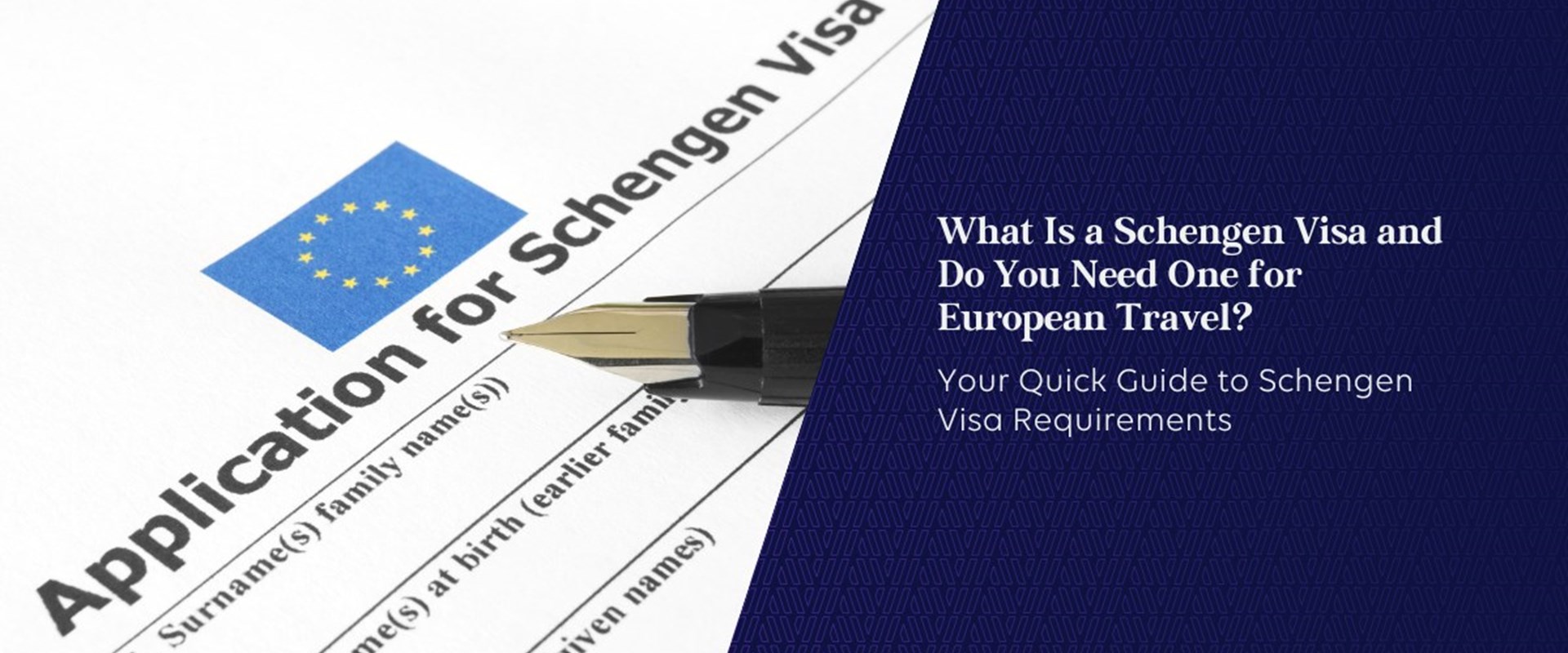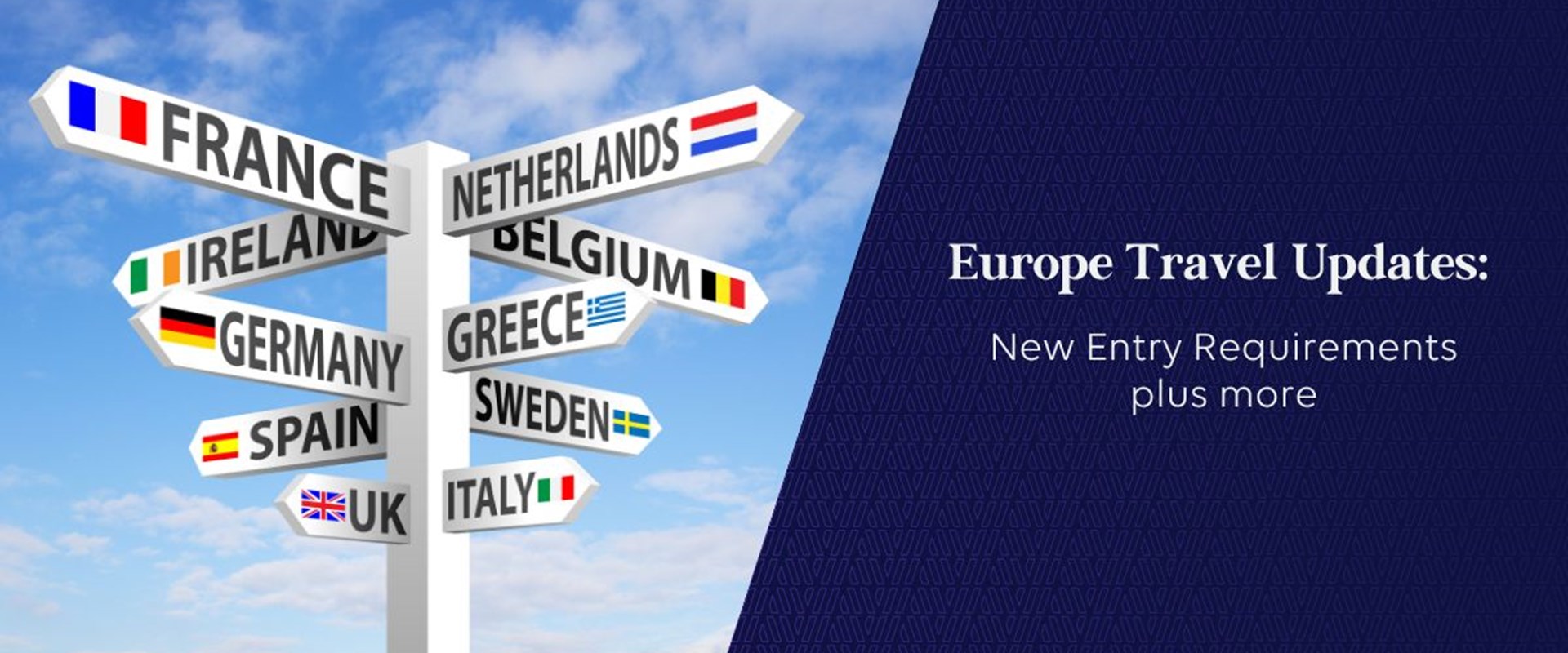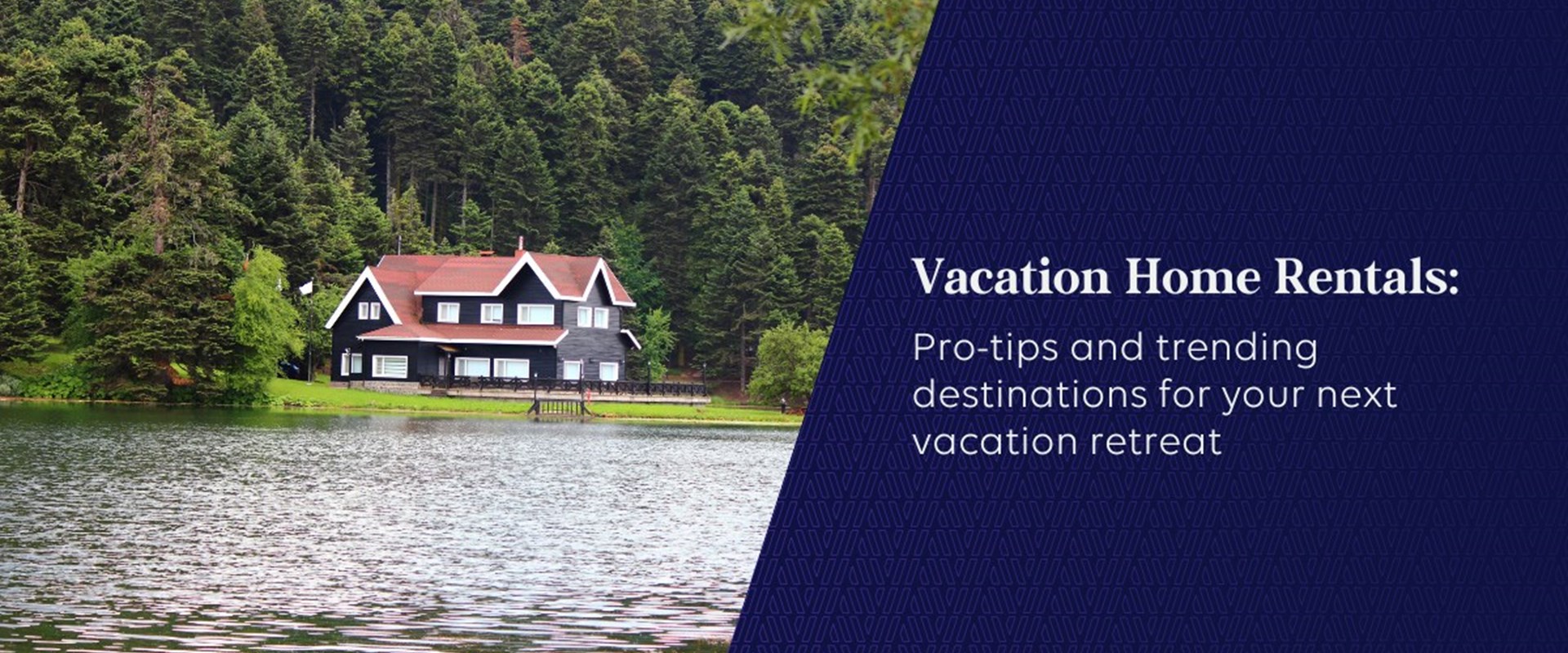4th of July U.S. Independence Day Celebrations
Celebrate July 4th in historic cities like Philadelphia, Boston, or D.C.—or enjoy fireworks and festivities in NYC, Chicago, Vegas, and small towns nationwide.
If you're eager to pack your bags and embark on a journey but are undecided about your destination, exploring the top travel trends of 2025 might offer some guidance in selecting your ultimate getaway. From travel methods to destination choices, swipe through the blogs below for exciting trends emerging for the year that could inspire your next adventure.

Celebrate July 4th in historic cities like Philadelphia, Boston, or D.C.—or enjoy fireworks and festivities in NYC, Chicago, Vegas, and small towns nationwide.

Traveling during a heat wave can be challenging. From selecting air-conditioned accommodations to smart planning, strategies to make a difference. Learn more.

Discover the top LGBTQ+ travel destinations packed with parades, beaches, and vibrant culture. Travel safely with inclusive insurance from Trawick International.

Make a splash this summer with our top 5 U.S. lake destinations, from Lake Tahoe to Lake Travis. Discover where to relax, play, and cool off—plus travel tips!

Heading to the lake this summer? Get travel tips, Memorial Day insights, and why domestic trip insurance is a smart move. Stay safe and stress-free!

Marbella shines as 2025’s top summer escape with Mediterranean beaches, sunshine, and European luxury. Plan your trip today!

Are you a solo explorer, girls’ trip planner, nature lover, or senior adventurer? Find your perfect 2025 summer destination with our traveler-style guide!
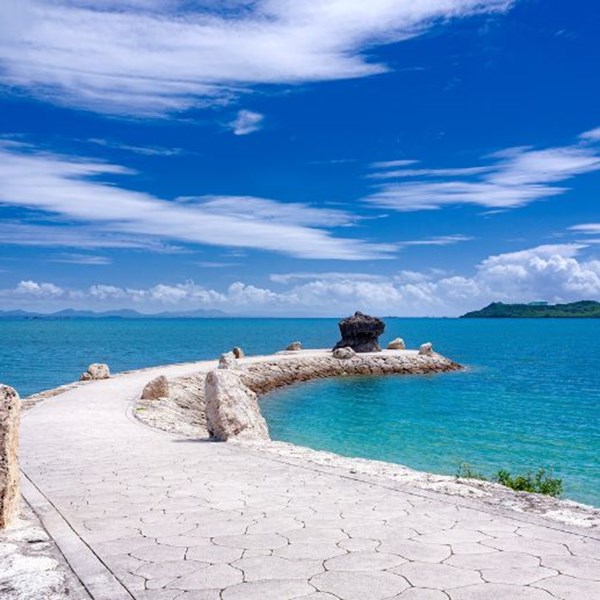
Discover why Japan is one of the top summer destinations for 2025, from vibrant festivals to Tokyo Disney and the beaches of Okinawa. Plan your trip today!

Explore the top summer travel destinations for 2025, from Italy to Costa Rica and beyond. Plan your perfect getaway with these trending hot spots!

Planning a summer getaway in the US? Explore 7 top destinations from Montana to the Florida Keys — plus smart travel tips and must-see spots.
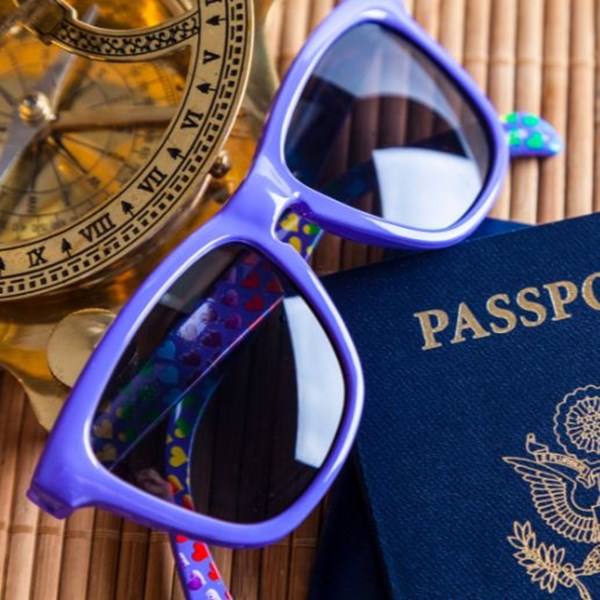
Kick off summer travel season the smart way with tips for navigating Memorial Day weekend like a pro—from booking strategies and packing hacks to why travel insurance is a must.
Trawick International guides you with more than just travel insurance—check out our destination-specific safety info, travel advisories, and trip interruption resources, helping you plan smart and stay protected. Travel like an expert and with ease with our guidance ranging from must have travel resource tips and apps to staying informed on travel planning trends.
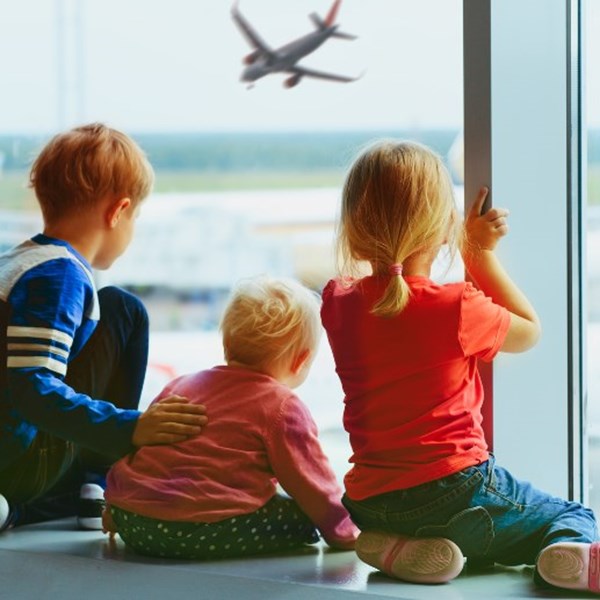
Understand the difference between trip cancellation and trip delay travel insurance—what they cover, how they work, and why you may need both. Learn more now!
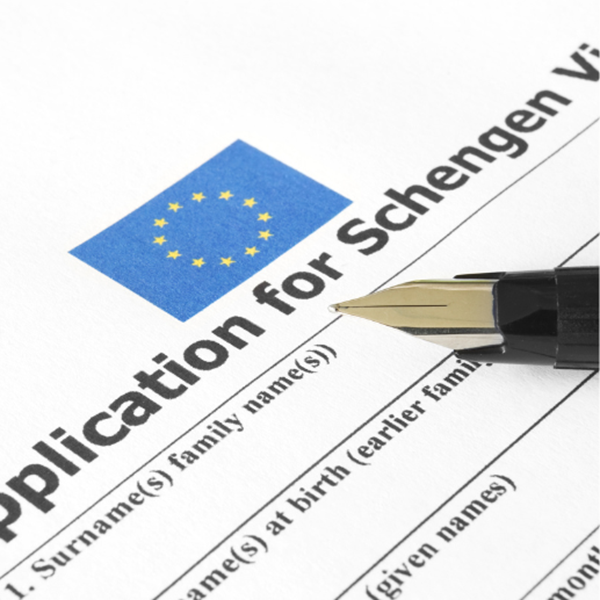
What Is the Schengen Travel Visa?
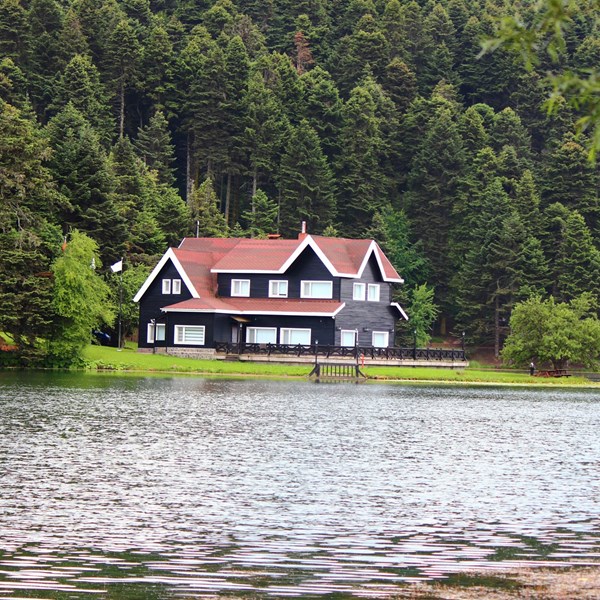
Staying in a Rental Home When Traveling

Kick off summer travel season the smart way with tips for navigating Memorial Day weekend like a pro—from booking strategies and packing hacks to why travel insurance is a must.

Explore the benefits of annual travel insurance for 2025, covering multiple trips, cost savings, flexibility, and recognition from top sources like Forbes and NerdWallet.
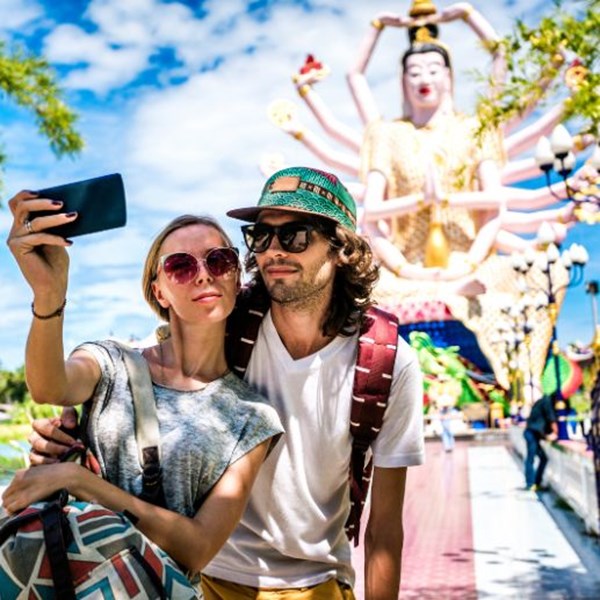
A little planning goes a long way—use these essential travel tips to make your next trip smooth, stress-free, and unforgettable!
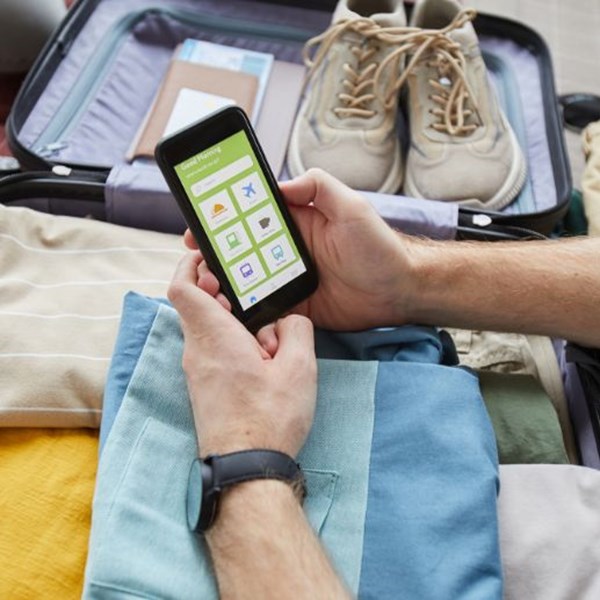
Whether you’re a pro at traveling or embarking on your first big trip, these essential travel apps will help you make the most of your trip!

Traveling on a Budget
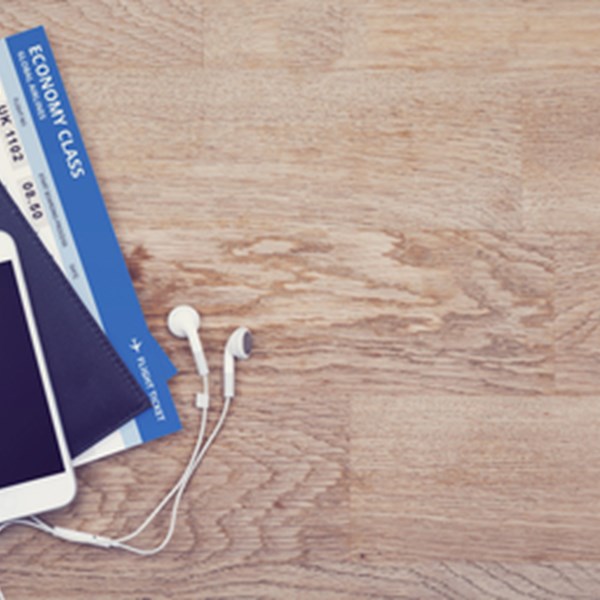
Useful Travel Tips for iPhone Users

Environmentally Friendly Travel Tips

Tips for Traveling Alone
Smartphone Safety Travel Tips

Trends Among Luxury Travelers
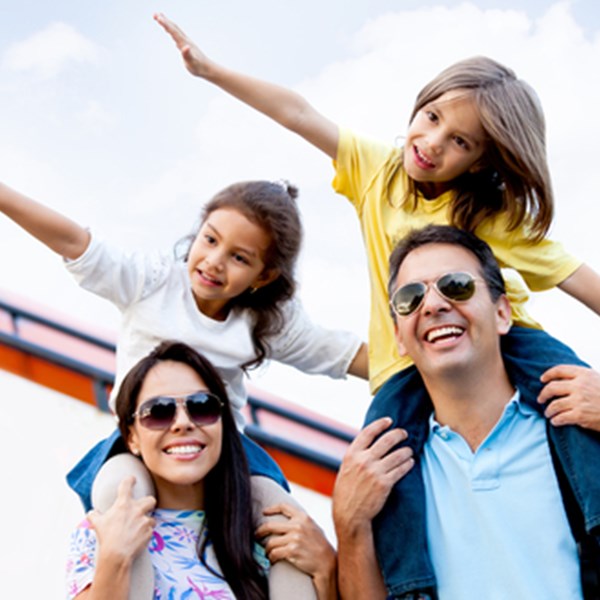
Exotic Travel with Your Children
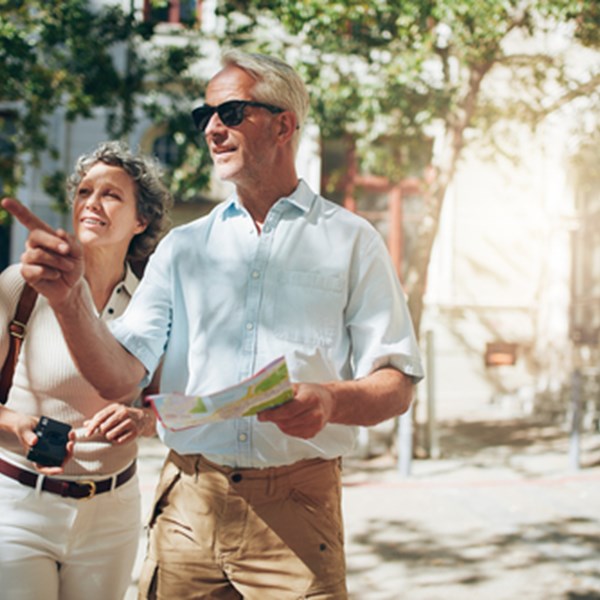
Safety remains a priority for travelers. Here are a few simple safety precautions you can take to help provide peace of mind while exploring new destinations. Read more.
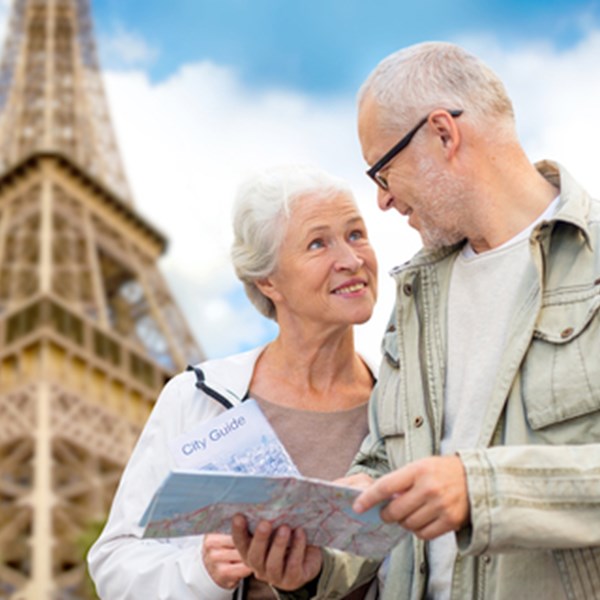
Traveling with a Senior Citizen
All travelers broaden their horizons, but each type is drawn to something distinct. Adventure seekers chase thrills, wellness travelers seek rest, and backpackers explore on a budget. Luxury travelers enjoy high-end comfort, while nature lovers find peace outdoors. Cultural explorers immerse in local traditions, foodies follow flavor, and digital nomads balance work with travel. Road trippers crave flexibility, families look for all-ages fun, and couples seek meaningful, romantic getaways.

Staying in a Rental Home When Traveling

Kick off summer travel season the smart way with tips for navigating Memorial Day weekend like a pro—from booking strategies and packing hacks to why travel insurance is a must.

Traveling can be stressful enough, but traveling with a severe food allergy can potentially be dangerous if you are not careful. Review this list before traveling.

Flying with your four-legged friend is easier than ever as the majority of airlines are quite animal friendly. Here are some things to know before you travel with your pet.
Traveling with a disability can pose challenges. Here are tips to keep in mind when you plan a trip.

Why Senior Travelers Should Switch to Smartphones

As important members of the household, the holiday season is probably one of those times when you really don’t want to leave your beloved four-legged friend at home.

Traveling on a Budget

Environmentally Friendly Travel Tips

Tips for Traveling Alone

Trends Among Luxury Travelers

Exotic Travel with Your Children

Traveling with a Senior Citizen

Traveling Internationally with Your Child

Traveling with a Special Needs Child
The world is full of destinations that cater to every travel style—whether you're seeking adventure, relaxation, or cultural immersion. Thrill-seekers can explore rugged peaks and glacier-fed landscapes, while those in search of rest can unwind on tranquil tropical beaches. History lovers will be captivated by ancient towns rich in art and ruins, and wellness travelers can recharge through spiritual retreats. For food enthusiasts, regional flavors and vibrant culinary scenes offer unforgettable tastes. Whatever your travel goal, the perfect destination awaits.

Staying in a Rental Home When Traveling

Marbella shines as 2025’s top summer escape with Mediterranean beaches, sunshine, and European luxury. Plan your trip today!

Discover why Japan is one of the top summer destinations for 2025, from vibrant festivals to Tokyo Disney and the beaches of Okinawa. Plan your trip today!
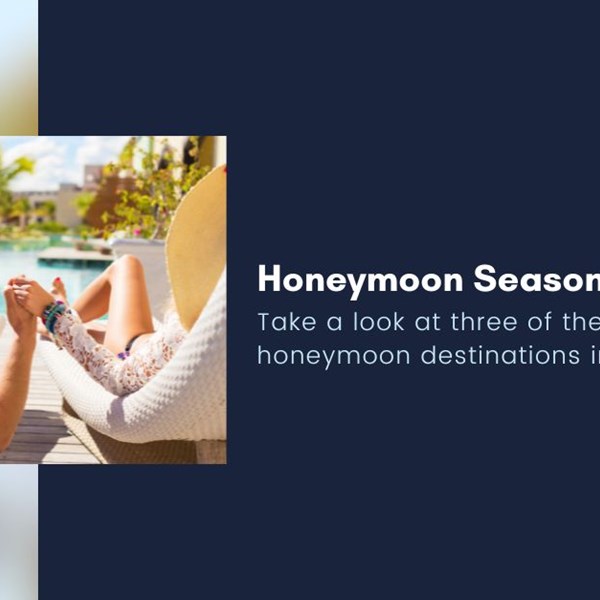
The best place to honeymoon is wherever you go, based on your own preferences. That said, we offer a few of our top honeymoon destinations for 2022. Read on.

Italy has reopened its borders for international tourists! Our site explains all you need to know if you are looking to travel to Italy after 2020.

Learn about the requirements Costa Rica’s government has for travelers, destination information, and insurance visitors need before entering Costa Rica.
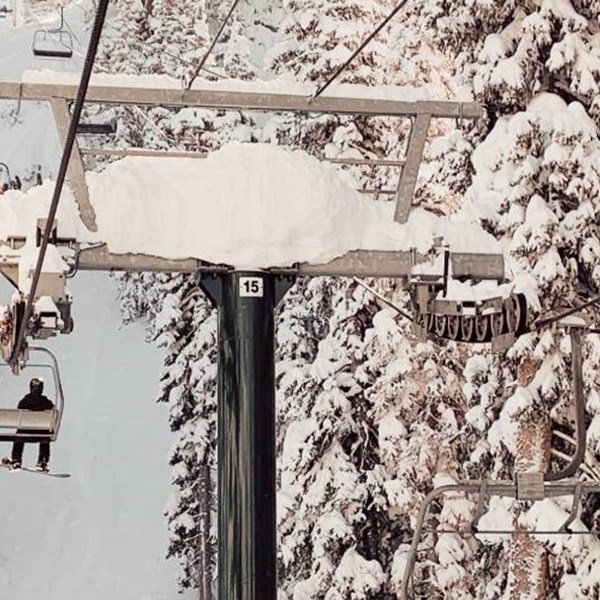
Don’t Let COVID-19 Keep You From Taking The Slopes In Utah This Ski Season. Here are some of the best resorts to stay at when visiting Utah this ski season. While visiting Utah, check out our SafeTreker adventure travel insurance. It covers over 500 activities, including Skiing!
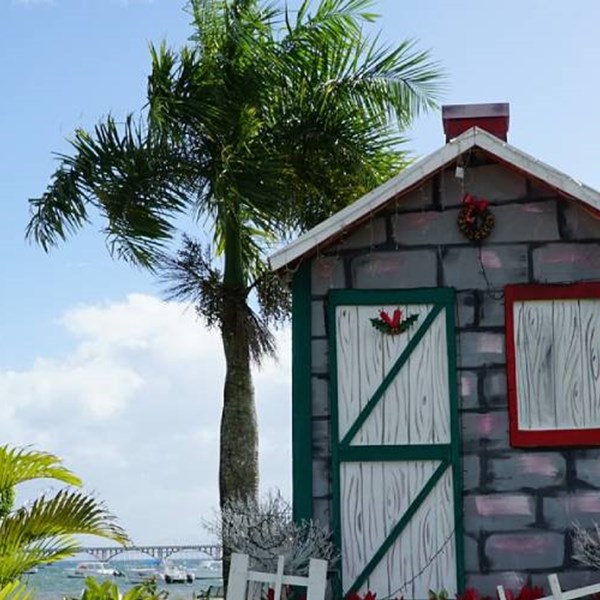
Caribbean countries have reopened their borders to travelers and have implemented COVID-19 travel protocols to protect travelers while visiting. Continue to our blog for more.
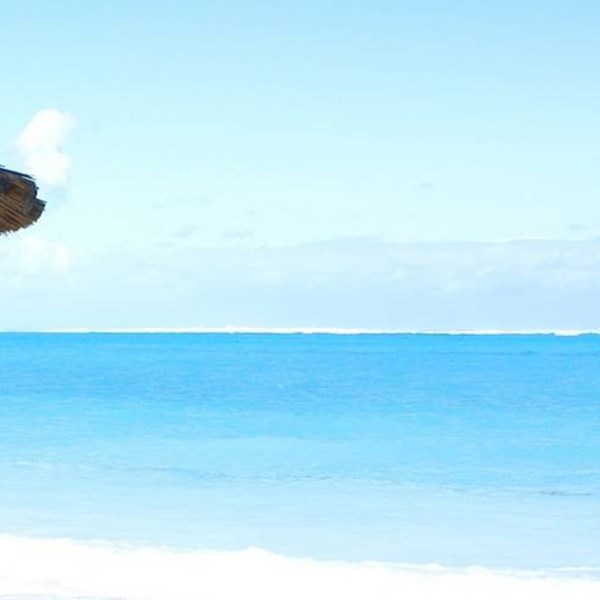
Trawick International travel insurance is recommended by the TCI tourism board in order to obtain travel authorization to enter the islands. Learn More.
Trawick’s Tips for Thanksgiving Travel
Abu Dhabi in the United Arab Emirates (UAE) has developed a positive reputation for its wealth, rich culture, and some of the most spectacular architecture in the world. As the second most populous city in the UAE, it is very tourist friendly. If you need some suggestions on where to go, we have a couple

Traveling to Japan on a Budget

Trends Among Luxury Travelers
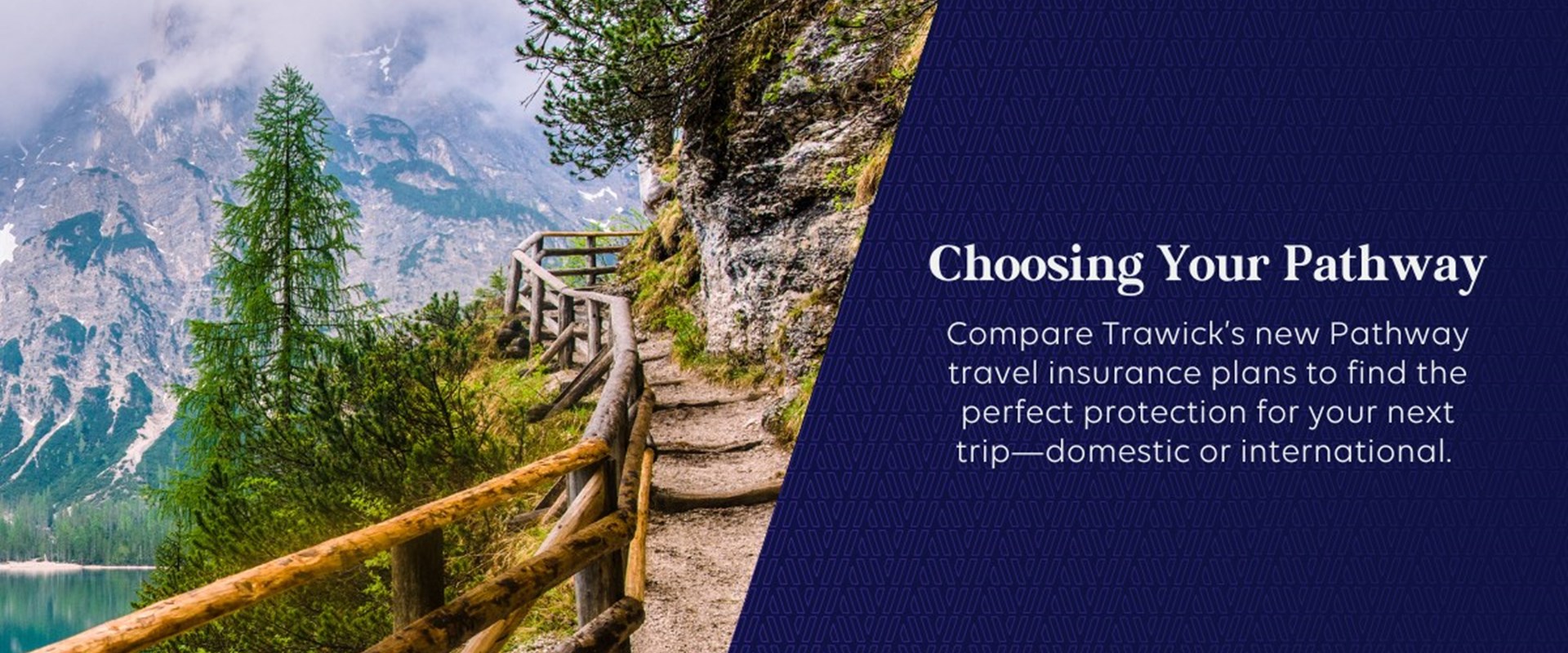
Compare Trawick’s new Pathway travel insurance plans to find the perfect protection for your next trip—domestic or international.

Understand the difference between trip cancellation and trip delay travel insurance—what they cover, how they work, and why you may need both. Learn more now!

UK tourists must have private travel insurance to enter Spain. Avoid fines or denied entry — learn what’s needed and how Trawick plans can help.

Destinations like Mexico, the Dominican Republic, touring multiple European countries, Turkey, and Vietnam offer particularly strong value.

Celebrate July 4th in historic cities like Philadelphia, Boston, or D.C.—or enjoy fireworks and festivities in NYC, Chicago, Vegas, and small towns nationwide.
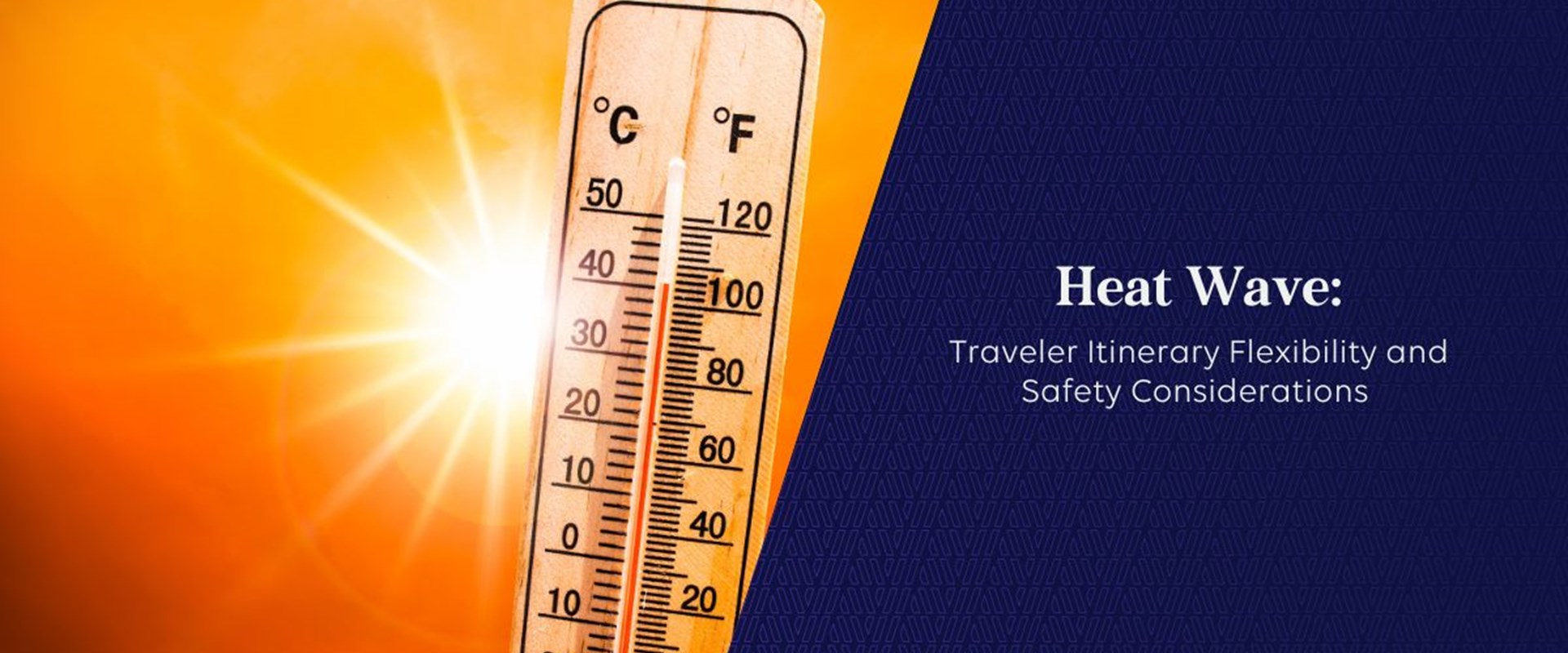
Traveling during a heat wave can be challenging. From selecting air-conditioned accommodations to smart planning, strategies to make a difference. Learn more.

Heading to the 2025 FIFA Club World Cup? Explore U.S. cities, cheer for your team, and travel confidently with Trawick International travel insurance coverage.
Trawick International’s Privacy Policy
Welcome to our website. We appreciate your interest in us. We take the privacy of our customers very seriously and are committed to protecting your privacy. This policy explains how we collect, use, and transfer your personal data, and your rights in relation to the personal data stored by us when you use our website or otherwise engage with our services.
Effective October 3, 2023
This policy sets out the following:
Who is Trawick International?
Trawick International (“we,” “us,” or “our”) provides worldwide travel medical insurance, travel insurance, trip insurance for trip cancellation or trip interruption, international student insurance, group travel insurance, and many other products designed specifically for those traveling. Our travel insurance programs are designed for those traveling to the USA, individuals traveling abroad, US Citizens who are traveling in the USA and non US citizens traveling from their home country but not visiting the USA. We offer an extensive worldwide network of quality physicians, hospitals, and pharmacies. We cover employees, corporations, schools, frequent world travelers, international students, study abroad programs, missionary trips, and just the casual vacation traveler. Our individually customized plans can cover hospital stays, doctor visits, x-rays, prescriptions, ambulance, emergency evacuation, repatriation, flight insurance, trip interruption, trip cancellation, trip delay, and lost baggage.
For the purposes of European data protection laws, if you are visiting our website www.trawickinternational.com (or otherwise engaging with our services from the European Economic Area (or "EEA"), the data controller of your information is Trawick International.
What is personal data?
In this privacy policy, references to "personal information" or "personal data" are references to information that relates to an identified or identifiable individual. Some examples of personal data are your name, address, email, and telephone number, but it may also include information such as your IP address and location in certain jurisdictions.
What personal data do we collect?
We collect personal data that you provide to us when you sign up for our services, such as your contact information and financial information. We may also collect commercial information based on how you interact with our services, such as the products or services you’ve purchased or other Internet or network activity, such as your website browsing history or mobile device information.
Below are some more details on the type of personal data we collect.
Information that is provided by you:
In order to provide services to you we may ask you to provide personal information. This may include, amongst other things, your name, email address, postal address, telephone number, gender, date of birth, passport number, bank account details, credit history and claims history, citizenship status, marital status depending on the service you are seeking. The personal information that you are asked to provide, and the reasons why you are asked to provide it, will be made clear to you at the point at which we ask you for it or upon request.
Some of the information that you provide may be “special category” (or “sensitive”) personal data. Sensitive personal data relates to your racial or ethnic origin, political opinions, religious or philosophical beliefs, or trade union membership, genetic data, biometric data for the purpose of uniquely identifying a natural person, data concerning health or data concerning a natural person’s sex life or sexual orientation, and can sometimes be inferred from other, non-sensitive, information that you have provided.
Information that we collect on our website:
When you visit our website, we will seek your consent to collect certain information from your device. In some countries, including countries in the EEA, this information may be considered personal information under applicable data protection laws.
Specifically, the information we are seeking to collect includes information like your IP address, device type, unique device identification numbers, browser type, broad geographic location (e.g., country or city-level location) and other technical information. We may also collect information about how your device has interacted with our website, including the pages accessed and links clicked.
Collecting this information enables us to better understand visitors to our website, where they come from, and what content on our website is of interest to them. We use this information for our internal analytics purposes and to improve the quality and relevance of our website to our visitors.
Some of this information may be collected using cookies and similar tracking technology, as explained further under the heading “Cookies" below.
Information that we obtain from third party sources:
From time to time, we may receive personal information about you from third party sources but only where we have checked that these third parties either have your consent or are otherwise legally permitted or required to disclose your personal information to us.
For information about a third party’s usage and/or sharing of your personal data, please refer to the third party’s own privacy statement.
We may, where we are legally permitted to, also collect personal data from the following sources in order to provide services to you:
How is personal data used?
We may need to use your personal data in order to carry out the following activities:
Our legal basis for collecting your information:
Our legal basis for collecting and using your personal data will depend on the personal data concerned and the specific context in which we collect it.
We will normally collect personal data where we need the information to provide you with our services / perform a contract with you, where the processing is in our legitimate interests and not overridden by your data protection interests or fundamental rights and freedoms, or with your consent.
In some cases, we may use your personal data for a legal obligation, e.g., in order to complete “know your customer” and money laundering checks before taking you on as a new client.
If we ask you to provide personal information to comply with a legal requirement or to perform a contract with you, we will make this clear at the relevant time and advise you whether the provision of your personal information is mandatory (as well as of the possible consequences if you do not provide your personal information). You are under no obligation to provide personal data to us. However, if you should choose to withhold requested data, we may not be able to provide you with certain services.
Similarly, if we collect and use your personal information in reliance on our legitimate interests (or those of any third party), we will make clear to you at the relevant time what those legitimate interests are.
If you are a UK resident, we may collect and use your personal information, including sensitive personal information, on the basis of the insurance derogation in the UK Data Protection Act 2018.
If you are an EU resident, we may collect and use your personal information, including sensitive personal information, on the basis of the substantial public interest of insurance purposes, as regulated in the General Data Protection Regulation (GDPR).
If you have questions about or need further information concerning the legal basis on which we collect and use your personal information, please contact us using the contact details provided under the “Contact Us" section below.
Who is your personal data shared with?
We may disclose your personal information with the following categories of recipients.
We do not sell (or exchange) your personal information for monetary compensation.
If you are a US resident, from time to time we may share your personal information with third parties for a third party’s own direct benefit and this type of sharing may be considered a sale under certain applicable laws. For more information on the type of information we may share in this manner, please contact us.
International Transfers
Your personal data may be transferred to, and processed in, countries other than the country in which you are resident. These countries may have data protection laws that are different to the laws of your country.
Specifically, the servers of Trawick International are located in the United States. Trawick International partners with many other international companies. This means that when we collect your information, we may process it in other countries.
We have taken appropriate safeguards to require that your personal data will remain protected in accordance with this privacy policy. We have also taken appropriate safeguards with our third party service providers and partners.
How long is personal information retained?
We will keep your personal data on our records for as long as we have an ongoing legitimate business need to do so. This includes providing you with a service you have requested from us or to comply with applicable legal, tax or accounting requirements. It also includes keeping your data for so long as there is any possibility that you or we may wish to bring a legal claim concerning our services, or where we are required to keep your data for legal or regulatory reasons. Please contact us using the contact details provided under the “Contact Us" section below should you require further information on our record retention procedures.
We may also retain your personal data where such retention is necessary in order to protect your vital interests or the vital interests of another natural person.
Your Rights as a Data Subject
You have the right to opt out of marketing communications we send you at any time. You can exercise this right by clicking on the “unsubscribe” or “opt-out” link in the marketing e-mails we send you or contacting us.
If you are an EU resident, you will need to opt-in to receive marketing from us. If you then wish to unsubscribe at any point, you can do so by clicking on the “unsubscribe” or “opt-out” link in the marketing e-mails we send you or contacting us.
Similarly, if we have collected and processed your personal information with your consent, then you can withdraw your consent at any time. Withdrawing your consent will not affect the lawfulness of any processing we conducted prior to your withdrawal, nor will it affect processing of your personal information that was lawfully collected on grounds other than consent.
You have the right to complain to a data protection authority about our collection and use of your personal information. For more information, please contact your local data protection authority.
We respond to all requests we receive from individuals wishing to exercise their data protection rights in accordance with applicable data protection laws.
You may exercise any of your rights in relation to your personal data by contacting us using the details set out in the “Contact us” section at the bottom of this page.
If you are resident in the UK or EU, your principal rights under data protection law are as follows:
If you wish to access, correct, update or request deletion of your personal information, we will ask you to provide us with a copy of any two of the following documents: Driver’s license; Passport; Birth certificate; Bank statement (from the last 3 months); or Utility bill (from the last 3 months). With regards to your right of access, the first access request will be complied with free of charge, but additional copies may be subject to a reasonable fee.
In addition, you can object to processing of your personal information, ask us to restrict processing of your personal information or request portability of your personal information.
If we have collected and processed your personal information with your consent, then you can withdraw your consent at any time. Withdrawing your consent will not affect the lawfulness of any processing we conducted prior to your withdrawal, nor will it affect processing of your personal information conducted in reliance on lawful processing grounds other than consent. You have the right to complain to a data protection authority about our collection and use of your personal information. For more information, please contact your local data protection authority.
Contact details for other data protection authorities in the European Economic Area, Switzerland and certain non-European countries (including the US and Canada) are available here.
We respond to all requests we receive from individuals wishing to exercise their data protection rights in accordance with applicable data protection laws.
If you are based in the UK or EU, you may exercise any of your rights in relation to your personal data by contacting us using email or you can use the details set out in the “Contact Us” section at the bottom of this page.
If you are resident in the US, applicable law may entitle you, upon verifiable request, to receive disclosures relating to:
If you wish to exercise any of the rights described above, we will ask you to verify your identity. We generally will not charge to reply to your request, but we may charge a reasonable fee or refuse your request if the request is unjustified or excessive.
Automated decision making
In some instances, our use of your personal information may result in automated decisions being taken (including profiling) that legally affect you or similarly significantly affect you.
Automated decisions mean that a decision concerning you is made automatically on the basis of a computer determination (using software algorithms), without our human review. For example, in certain instances we may use automated decisions to establish whether we will propose insurance coverage to a prospective insured. We have implemented measures to safeguard the rights and interests of individuals whose personal information is subject to automated decision-making.
When we make an automated decision about you, you have the right to contest the decision, to express your point of view, and to require a human review of the decision.
Marketing
As mentioned above, we may use your personal data to send you marketing materials.
If you are a UK or EU resident, you will need to opt-in to receive marketing from us. If you then wish to unsubscribe at any point, you can do so by clicking on the “unsubscribe” or “opt-out” link in the marketing e-mails we send you or contacting us.
If you are resident in the US, you do not need to opt-in to receive marketing materials from us, and you have the right to opt-out of receiving such communications. If you would like to stop receiving marketing information from us, please unsubscribe by clicking the “unsubscribe” link in the relevant marketing email or contacting us.
Security
Trawick International is committed to keeping our customers’ data safe. We have security measures in place designed to protect against the loss, misuse, and/or alteration of personal data under our control. Although we cannot ensure or guarantee that loss, misuse, or alteration of data will not occur, we use our best efforts to prevent this. If you have any concerns that your Trawick International account or personal data has been put at risk, please contact us.
Cookies
Our sites use cookies (a small piece of information that is placed on your computer when you visit certain websites) to distinguish you from other users, to track your browsing pattern and to build a profile of how you and other users use our sites. This helps us to provide you with a good experience when you browse any of our sites and also allows us to improve our sites. If you have an online account with us, we also use cookies to recognize you to pre-fill forms to save you time. Trawick International does not mandate cookies for you to access our sites and you may freely set your browser to reject all cookies or prompt you to accept or reject them. Some of the cookies we use are session cookies and only last until you close your browser, others are persistent cookies which are stored on your computer for longer. We may collect information through web beacons about your web browsing activities such as the address of the page you are visiting, the address of the referrer page you had previously visited, the time you are viewing the page, your browsing environment, and your display settings. We do this in order to optimize your browsing experience, the use of web-based services and provide you with relevant information on Trawick International products and services when you have opted-in to receiving such correspondence.
Tracking
We will not respond to Web browser “do not track” signals. If you would like additional information about online tracking and various opt-out mechanisms, please see https://youradchoices.com/
Because we may link to social media sites, and from time to time may include third-party advertisements, other parties may collect your personally identifiable information about your online activities over time and across different web sites when you visit this Site.
Please note that not all tracking will stop even if you delete cookies.
Children's Data
Our websites and applications are not directed to children under 16 and we do not knowingly collect any personal information directly from children under 16. If you believe that we are processing personal information pertaining to a child inappropriately, we ask you to contact us using the information provided under the “Contact Us” section.
Changes to this Privacy Policy
We may update this Privacy Policy from time to time in response to changing legal, technical, or business developments. When we update our Privacy Policy, we will take appropriate measures to inform you, consistent with the significance of the changes we make. We will obtain your consent to any material Privacy Policy changes if and where this is required by applicable data protection laws.
You can see when this Privacy Policy was last updated by checking the “effective date” displayed at the top of this Privacy Policy.
Any changes will be effective only after the effective date of the change and will not affect any dispute arising prior to the effective date of the change.
Contact Us
If you have any questions about this Privacy Policy, please contact us using the following contact details:
Post Office Box 2284
Fairhope, Alabama USA 36533
Toll Free Telephone Number: +1 (888) 301-9289
The information contained in this website is not intended to be an offer to sell or a solicitation in connection with any product or service by Trawick International Inc., in any jurisdiction where such an offer or solicitation would be unlawful or in which Trawick International, Inc., is not qualified to do so. Products and services described in this website may not be available in all jurisdictions. Not all insurance products described in this website are available to all persons in all States, Countries, or other jurisdictions at all times.
All products contain certain conditions, restrictions, limitations and eligibility requirements. The information contained in this website is not intended to be a complete description of all terms, exclusions and conditions applicable to the products and services. For complete terms, exclusions and conditions applicable to the products offered please contact Trawick International.
By using this website, you agree to the terms of its use. If you do not agree to these terms, PLEASE DO NOT USE THIS WEBSITE. For additional information or questions, please contact Trawick International or your independent insurance broker or agent.
Effective Date: November 1, 2024
INTRODUCTION
THESE TERMS & CONDITIONS OF USE (“T&C”) GOVERN YOUR USE OF TRAWICK INTERNATIONAL, INC.’S (“COMPANY”, “WE”, “OUR”, OR “US”) WEBSITE LOCATED AT WWW.TRAWICKINTERNATIONAL.COM OR OTHER WEBSITES CONTROLLED BY COMPANY AND ITS AFFILIATES AS WELL AS ANY DOCUMENTS EXPRESSLY INCORPORATED BY REFERENCE AND ANY RULES AND POLICIES PUBLISHED ON THIS WEBSITE (THE “WEBSITE”).
BY ACCESSING THIS WEBSITE, YOU AGREE TO THE T&C, REVISIONS, AND MODIFICATIONS. ALL CHANGES ARE EFFECTIVE IMMEDIATELY UPON POSTING, AND APPLY TO ALL ACCESS TO AND USE OF THE WEBSITE THEREAFTER. ANY CHANGES WILL NOT EFFECT ANY DISPUTES ARISING PRIOR TO THE EFFECTIVE DATE OF THE CHANGE. WE MAY SEND YOU NOTICES WITH RESPECT TO THE WEBSITE IN VARIOUS MEDIUMS, INCLUDING BY EMAIL ADDRESS, POSTAL MAIL, AND/OR BY POSTING ON THE WEBSITE.
ARBITRATION NOTICE: EXCEPT FOR CERTAIN TYPES OF DISPUTES DESCRIBED IN THE “ARBITRATION AND CLASS ACTION WAIVER” SECTION BELOW, AND IF YOU DO NOT OPT-OUT AS SET FORTH IN THAT SAME SECTION, YOU AGREE THAT DISPUTES BETWEEN YOU AND COMPANY OR ITS AFFILIATES WILL BE RESOLVED BY BINDING, INDIVIDUAL ARBITRATION, AND YOU WAIVE YOUR RIGHT TO BRING OR RESOLVE ANY DISPUTE AS, OR PARTICIPATE IN, A CLASS, CONSOLIDATED, REPRESENTATIVE, COLLECTIVE, OR PRIVATE ATTORNEY GENERAL ACTION OR ARBITRATION.
To access the Website or some of its resources, you may be asked to provide certain personal details or other information. It is a condition of your use of the Website that all the information you provide on the Website is correct, current, and complete.
In addition, certain other services of the Website, such as applying for coverage, may be governed by additional or different terms and conditions. You should carefully review those terms and conditions as they are referenced and/or presented to you.
We reserve the right to withdraw, amend, disable or suspend this Website, and any service or material we provide on the Website, in our sole discretion with or without notice. We will not be liable if for any reason all or any part of the Website is unavailable at any time or for any period. From time to time, we may restrict access to some parts of the Website, or the entire Website, to users, including registered users.
We have the right to disable any user name, password or other identifier, whether chosen by you or provided by us, at any time in our sole discretion for any or no reason, including if, in our opinion, you have violated any provision of the T&C.
Your privacy matters to us. Your use of the Website is also subject to our Privacy Policy that is available online here (“Privacy Policy”) and is incorporated into and made a part of these Terms of Use. The Privacy Policy is subject to change, and you are encouraged to review the Privacy Policy whenever you supply the Website with any information because you agree that Company can collect, use, and share your information consistent with that policy.
You may use this Website only for your internal, non-commercial purposes. You agree not to use this Website in any way that violates any applicable federal, state, local or international law or regulation. You further agree to maintain and update your registration data as needed to keep it accurate, current and complete. You may not use this Website or any of the content, defined below, contained on it for any other purpose, including any unpermitted commercial purpose, unless we provide our prior written consent to such use.
Uses requiring our prior written consent include the following, without limitation:
"Co-branding" means displaying a name, logo, trademark or other means of attribution or identification of any party in a manner reasonably likely to give a user the impression that the other party has the right to display, publish or distribute this Website or its content. You will cooperate fully with Company and its affiliates in causing any unpermitted or unauthorized activity of yours or a third party authorized by you to cease immediately. To the extent that such unpermitted or unauthorized use continues after notice from Company or its affiliates, you agree to pay or reimburse us for any and all costs (including attorney fees if applicable) associated with ending or terminating such use.
You agree not to impersonate or attempt to impersonate the Company, a Company employee, another user or any other person or entity (including, without limitation, by using e-mail addresses associated with any of the foregoing).
Additionally, you specifically agree not to:
Company accepts a variety of payment methods as reflected on the Website. Before you can submit a request for purchase using the Website, you may be required to provide a valid credit card number and associated information for a payment card that you are authorized to use, including any of or all of the following: (i) your name as it appears on the card; (ii) the credit or debit card type, (iii) the card’s expiration date; (iv) any activation numbers or codes needed to charge your card; and (v) the billing address or zip code or postal codes associated with your card. You authorize Company and/or its affiliates, payment processor to use information you submit to charge your card or other payment method for the price of purchase requested, in addition to any taxes, fees, and charges as described in the T&C, at our convenience, including as early as at the time of the purchase request is submitted.
The material and content accessible from this Website and any other website Company or its affiliates owns, operates, licenses or controls (the “content”) is the proprietary information of Company and its affiliates or the party that provided the Content to us, and Company and its affiliates or such party retains all right, title and interest in the content. Accordingly, the Content may not be copied, distributed, republished, uploaded, posted, rented, leased, distributed, modified or transmitted in any way without the prior written consent of Company and its affiliates, except that you may print out a copy of the content solely for your own personal use. In doing so, you may not remove or alter, or cause the removal or alteration of, any copyright, trademark, trade name, service mark or any other proprietary notice or legend appearing on any of the content. Modification or use of the content, except as expressly provided herein, may violate Company’s and its affiliates’ intellectual property rights or a third party’s rights. Neither title nor intellectual property rights in the content are transferred or licensed to you by these Terms or your access of this Website.
Certain information provided to you by Company or its affiliates through non-public portions of the Website may be confidential or trade secret information. You may use or disclose such information only to the extent necessary for the purposes it was disclosed to you. You may not use the Website to circumvent the terms of any referral agreement or in any other manner that is not consistent with the business purpose of the Website. When reasonable, you must return or destroy such information when you have fulfilled such purpose.
Company and its affiliates (or the party that provided to Company) are the owner or licensee of all intellectual property rights on the Website (including trademarks, service marks and logos) and in the material published on it. Those works are protected by copyright laws and treaties around the world. All such rights are reserved, and we or those parties retain all rights with respect to such respective marks. In accessing the Website you agree that you will access its contents and use it solely for your personal, non-commercial use. The Website, including its contents, may not be downloaded, copied, reproduced, transmitted, stored, sold or distributed without the prior written consent of the copyright holder. This excludes downloading, copying and/or printing of pages of the Website for personal, non-commercial home use only.
The Company’s name and logo may not be used in any way, including in advertising or publicity pertaining to distribution of materials on this Website, without prior written permission. You are not authorized to use our logo as a hyperlink to this Website unless you obtain our written permission in advance, although we permit you to use certain designated features of the Website to use our logo as a hyperlink for designated purposes. You may link to our homepage, provided you do so in a way that is fair and legal and does not damage our reputation or take advantage of it, but you must not establish a link in such a way as to suggest any form of association, approval or endorsement on our part without our express written consent.
Except as provided below, none of the materials of the Website may be copied, distributed, displayed, downloaded, or transmitted in any form or by any means without the prior written permission of Company and its affiliates or the intellectual property right owner. Unauthorized use of any materials contained on this Website may violate copyright laws, trademark laws, the laws of privacy and publicity, and/or other regulations and statutes. If you believe that any of the materials infringe on any of your intellectual property rights or rights of others, please contact us immediately at the address provided below. Except as expressly provided herein, Company and its affiliates and the third parties reserve all rights with respect to the Materials, and may pursue all legally available options under both civil and criminal laws (and may cooperate with law enforcement agencies) in the event of any violations, including but not limited to the right to terminate accounts of any user who has infringed a third party’s copyright. Pursuant to Title 17, United States Code, Section 512(c)(2), notifications of claimed copyright infringement should be sent to the Designated Agent. ALL INQUIRIES NOT RELEVANT TO THE FOLLOWING PROCEDURE WILL NOT RECEIVE A RESPONSE.
We may hyper-link from the Website to other websites that are not maintained by, or related to, Company or its affiliates. Such hyper-links are provided as a service to you, and the other websites may not be officially sponsored by or affiliated with this Website or Company and its affiliates. Such other websites are solely responsible for their content. We are under no obligation to maintain any link on this Website and may remove any such link at any time in its sole discretion for any reason whatsoever. Access hyper-links and third party websites at your own risk.
COMPANY AND ITS AFFILIATES MAKE NO REPRESENTATIONS OR WARRANTIES ABOUT THE CONTENT OF HYPER-LINKED OR THIRD-PARTY WEBSITES. SUCH HYPER-LINKS ARE PROVIDED TO YOU “AS-IS” “WHERE IS,” AND WE SPECIFICALLY DISCLAIM ANY WARRANTIES WITH REGARD TO COMPLETENESS OR ACCURACY OF THESE HYPER-LINKS OR THE WEBSITES THAT ARE HYPER-LINKED TO THIS WEBSITE. THE INCLUSION OF ANY HYPER-LINK TO A THIRD-PARTY WEBSITE DOES NOT NECESSARILY IMPLY ENDORSEMENT BY OR AFFILIATION WITH COMPANY AND ITS AFFILIATES OF THAT WEBSITE.
This Website may provide certain social media features that enable you to:
You may use these features solely as they are provided by us and solely with respect to the content they are displayed with and otherwise in accordance with any additional terms and conditions we provide with respect to such features. Subject to the foregoing, you must not:
You agree to cooperate with us in causing any unauthorized framing or linking immediately to cease. We reserve the right to withdraw linking permission without notice. We may disable all or any social media features and any links at any time without notice in our discretion.
You hereby grant to Company and its affiliates the royalty-free, perpetual, irrevocable, worldwide, non-exclusive right and license to use, reproduce, modify, adapt, publish, translate, create derivative works from, distribute, perform and display all stories, anecdotes, “Similes,” content, remarks, suggestions, ideas, graphics, inventions, methods, process, algorithms or other information communicated to us through this Website (collectively, the “Submission”), and to incorporate any Submission into other works in any form, media or technology now known or later developed. We may use any submission in our business (including without limitation, for products or advertising) without incurring any liability for royalties or any other additional consideration of any kind, and will not incur any liability as a result of any similarities to the submission that may appear in our future operations. By providing a Submission, you warrant that you have the right to provide the Submission and that all moral rights in the Submission have been waived.
COMPANY AND ITS AFFILIATES CANNOT AND DOES NOT GUARANTEE OR WARRANT THAT ANY FILES AVAILABLE FOR DOWNLOADING FROM THE INTERNET ARE FREE OF VIRUSES, WORMS, TROJAN HORSES OR OTHER CODE THAT MAY HAVE CONTAMINATING OR DESTRUCTIVE PROPERTIES. YOU ARE RESPONSIBLE FOR IMPLEMENTING SUFFICIENT PROCEDURES AND CHECKPOINTS TO SATISFY YOUR PARTICULAR REQUIREMENTS FOR SECURITY, FOR ACCURACY OF DATA INPUT AND OUTPUT, AND FOR MAINTAINING A MEANS EXTERNAL TO THIS WEBSITE FOR RECONSTRUCTING LOST DATA. WE DO NOT ASSUME ANY RESPONSIBILITY OR RISK FOR YOUR USE OF THE INTERNET OR THE WEBSITE.
USE THIS WEBSITE AT YOUR OWN RISK. EXCEPT AS MAY BE EXPRESSLY STATED IN OTHER APPLICABLE TERMS AND CONDITIONS OR SIMILAR AGREEMENT, THE CONTENT IS PROVIDED “AS IS” AND "AS AVAILABLE" AND WITHOUT WARRANTIES OF ANY KIND, EITHER EXPRESSED OR IMPLIED. WE DISCLAIM ALL WARRANTIES INCLUDING ANY IMPLIED WARRANTIES OF MERCHANTABILITY, FITNESS FOR A PARTICULAR PURPOSE, TITLE OR NON-INFRINGEMENT. WE DO NOT WARRANT THAT ANY FUNCTIONS OR CONTENT CONTAINED IN THIS WEBSITE WILL BE UNINTERRUPTED OR ERROR-FREE, THAT DEFECTS WILL BE CORRECTED, OR THAT THIS WEBSITE OR THE SERVER THAT MAKES IT AVAILABLE ARE FREE OF VIRUSES OR OTHER HARMFUL COMPONENTS. WE DO NOT WARRANT OR MAKE ANY REPRESENTATION REGARDING USE OF THE CONTENT OR RESULTS THEREOF IN TERMS OF ACCURACY, RELIABILITY OR OTHERWISE EXCEPT FOR THE PERSON AND/OR FOR THE USE INTENDED. THE CONTENT MAY INCLUDE TECHNICAL INACCURACIES OR TYPOGRAPHICAL ERRORS, AND WE MAY MAKE CHANGES OR IMPROVEMENTS AT ANY TIME. YOU, AND NOT COMPANY AND ITS AFFILIATES, ASSUME THE ENTIRE COST OF ALL NECESSARY SERVICING, REPAIR OR CORRECTION IN THE EVENT OF ANY LOSS OR DAMAGE ARISING FROM THE USE OF THIS WEBSITE OR THE CONTENT. WE MAKE NO WARRANTIES THAT YOUR USE OF THE CONTENT WILL NOT INFRINGE THE RIGHTS OF OTHERS AND ASSUME NO LIABILITY OR RESPONSIBILITY FOR ERRORS OR OMISSIONS IN SUCH CONTENT.
BY ACCESSING THIS WEBSITE, YOU UNDERSTAND THAT YOU MAY BE WAIVING RIGHTS WITH RESPECT TO CLAIMS THAT ARE AT THIS TIME UNKNOWN OR UNSUSPECTED, AND IN ACCORDANCE WITH SUCH WAIVER, YOU ACKNOWLEDGE THAT YOU HAVE READ AND UNDERSTAND, AND HEREBY EXPRESSLY WAIVE, THE BENEFITS OF SECTION 1542 OF THE CIVIL CODE OF CALIFORNIA, AND ANY SIMILAR LAW OF ANY STATE OR TERRITORY, WHICH PROVIDES AS FOLLOWS: "A GENERAL RELEASE DOES NOT EXTEND TO CLAIMS WHICH THE CREDITOR DOES NOT KNOW OR SUSPECT TO EXIST IN HIS OR HER FAVOR AT THE TIME OF EXECUTING THE RELEASE, WHICH IF KNOWN BY HIM OR HER MUST HAVE MATERIALLY AFFECTED HIS OR HER SETTLEMENT WITH THE DEBTOR."
The descriptions of products and services contained on this Website are intended to provide a reference guide to the types of products and services offered by Company and its affiliates and are not intended to be relied upon by clients or business partners. Some products and services referenced on this Website may not be available in all areas. Please contact us directly if you wish to obtain specific information concerning the products and services referenced on this Website. All of the information in this Website, whether historical in nature or forward-looking, speaks only as of the date the information was posted on this Website, and we do not undertake any obligation to update such information or to remove such information from this Website, if it is not or is no longer accurate or complete.
TO THE EXTENT PERMITTED BY LAW OR REGULATION, COMPANY AND ITS AFFILIATES, ITS SUBSIDIARIES, LICENSORS, SERVICE PROVIDERS, CONTENT PROVIDERS, EMPLOYEES, AGENTS, OFFICERS AND DIRECTORS WILL NOT BE LIABLE FOR ANY INCIDENTAL, DIRECT, INDIRECT, PUNITIVE, ACTUAL, CONSEQUENTIAL, SPECIAL, EXEMPLARY OR OTHER DAMAGES, INCLUDING LOSS OF USE, REVENUE OR INCOME, PAIN AND SUFFERING, EMOTIONAL DISTRESS, OR SIMILAR DAMAGES, EVEN IF ADVISED OF THE POSSIBILITY OF SUCH DAMAGES THAT RELATES IN ANY WAY TO THE USE OF OUR WEBSITE OR WHICH MAY ARISE OUT OF ANY PERSON'S ACCESS OR INABILITY TO ACCESS THIS WEBSITE OR RELIANCE ON THE INFORMATION CONTAINED ON THIS WEBSITE. TO THE EXTENT PERMITTED BY LAW, IN NO EVENT WILL THE COLLECTIVE LIABILITY OF COMPANY AND ITS AFFILIATES AND ITS SUBSIDIARIES, LICENSORS, SERVICE PROVIDERS, CONTENT PROVIDERS, EMPLOYEES, AGENTS, OFFICERS, AND DIRECTORS TO ANY PARTY (REGARDLESS OF THE FORM OF ACTION, WHETHER IN CONTRACT, TORT, OR OTHERWISE) EXCEED THE GREATER OF $100 OR THE AMOUNT YOU PAID TO COMPANY OR ITS AFFILIATES FOR THE APPLICABLE CONTENT OR SERVICE OUT OF WHICH LIABILITY AROSE. BECAUSE SOME STATES OR JURISDICTIONS DO NOT ALLOW THE EXCLUSION OR THE LIMITATION OF LIABILITY FOR CONSEQUENTIAL OR INCIDENTAL DAMAGES, IN SUCH STATES OR JURISDICTIONS, COMPANY’S LIABILITY SHALL BE LIMITED TO THE EXTENT PERMITTED BY LAW IN SUCH STATE OR JURISDICTION WHICH YOU HEREBY CONSENT TO.
You agree to defend, indemnify, and hold harmless Company and its affiliates, its subsidiaries, licensors, content providers, service providers, employees, agents, officers, directors and contractors (the “Indemnified Parties”) from any breach of these T&C by you, including any use of the content other than as expressly authorized herein, and any claim that your submission violates a third party’s intellectual property or other rights, including the rights of publicity and privacy, or defames a third party. You agree that the Indemnified Parties will have no liability in connection with any such breach or unauthorized use, and you agree to indemnify any and all resulting loss, damages, judgments, awards, costs, expenses and attorneys’ fees of the Indemnified Parties in connection therewith. You will also indemnify and hold the Indemnified Parties harmless from and against any claims brought by third parties arising out of your use of the content and this Website.
You may not post, send, submit, publish or transmit in connection with the Website any material that:
WE RESERVE THE RIGHT TO MONITOR USE OF THIS WEBSITE IN ORDER TO DETERMINE COMPLIANCE WITH THESE TERMS OF USE, AND RESERVES THE RIGHT TO REMOVE OR REFUSE ANY INFORMATION FOR ANY REASON. NOTWITHSTANDING THESE RIGHTS, YOU REMAIN RESPONSIBLE SOLELY FOR THE CONTENT OF YOUR SUBMISSIONS. YOU ACKNOWLEDGE AND AGREE THAT NEITHER COMPANY AND ITS AFFILIATES NOR ANY THIRD PARTY THAT PROVIDES CONTENT TO US WILL ASSUME OR HAVE ANY LIABILITY FOR ANY ACTION OR INACTION BY US OR SUCH THIRD PARTY WITH RESPECT TO ANY SUBMISSION OF YOURS. EXCEPT AS EXPRESSLY PROVIDED HEREIN, COMPANY AND ITS AFFILIATES AND THE THIRD PARTIES RESERVE ALL RIGHTS WITH RESPECT TO THE WEBSITE, AND MAY PURSUE ALL LEGALLY AVAILABLE OPTIONS UNDER BOTH CIVIL AND CRIMINAL LAWS (AND MAY COOPERATE WITH LAW ENFORCEMENT AGENCIES) IN THE EVENT OF ANY VIOLATIONS.
PLEASE READ THE FOLLOWING SECTION CAREFULLY BECAUSE IT REQUIRES YOU TO ARBITRATE CERTAIN DISPUTES AND CLAIMS AND LIMITS THE MANNER IN WHICH YOU CAN SEEK RELIEF FROM COMPANY. Excluding claims for injunctive or other equitable relief, for all other claims related to the Website, including any goods or services purchased through the Website, any dispute or controversy arising out of or relating to this Agreement, including without limitation, any and all disputes, claims (whether in tort, contract, statutory or otherwise) or disagreements concerning the existence, breach, interpretation, application or termination of this Agreement shall be resolved by final and binding arbitration pursuant to the Federal Arbitration Act and in accordance with the JAMS Inc. Comprehensive Arbitration Rules & Procedures then in effect. There shall be no right or authority for any claims to be arbitrated on a class action basis. The arbitration shall take place in Fairhope, Alabama or at the option of the party seeking relief, by telephone, online, or via written submissions alone; however such election shall not prohibit Company from attending such an arbitration in person. Said arbitration shall be administered by JAMS. The arbitral tribunal (“Tribunal”) shall be composed of one arbitrator, who shall be independent and impartial. If the parties fail to agree on the arbitrator within twenty (20) calendar days after the initiation of an arbitration hereunder, JAMS shall appoint the arbitrator. The arbitration shall be conducted in the English language. The decision of the arbitrator will be final and binding on the parties, subject to all rights of appeal allowed by JAMS. Judgment on any award(s) rendered by the arbitrator may be entered in any court having jurisdiction thereof. The arbitrator shall have the authority to determine arbitrability of any disputes arising out of or relating to this Agreement. Nothing in this Section shall prevent either party from seeking immediate injunctive relief from any court of competent jurisdiction, and any such request shall not be deemed incompatible with the agreement to arbitrate or a waiver of the right to arbitrate. The parties undertake to keep confidential all awards in their arbitration, together with all confidential information, all materials in the proceedings created for the purpose of the arbitration and all other documents produced by the other party in the proceedings and not otherwise in the public domain, save and to the extent that disclosure may be required of a party by legal duty, to protect or pursue a legal right or to enforce or challenge an award in legal proceedings before a court or other judicial authority. The arbitrator shall award all fees and expenses, including reasonable attorney’s fees, to the prevailing party. Any judgment rendered by the arbitrator may be entered in any court of competent jurisdiction.
You may choose to opt out of the agreement to arbitrate by mailing a written opt-out notice (“Notice”) to Company. The Notice must be postmarked no later than thirty (30) days after the date you accept these T&C for the first time. The Notice must be mailed to: Trawick International, Inc., Post Office Box 2284 Fairhope, Alabama USA 36533, to the attention of General Counsel. This procedure is the only mechanism by which you can opt out of the agreement to arbitrate. Opting out of the agreement to arbitrate has no effect on any other parts of this Agreement, or any previous or future arbitration agreements that you have entered into with Company or its affiliates.
These Terms of Use are governed and interpreted by the laws of Alabama, United States of America notwithstanding any principles of conflicts of law. We make no representation that materials on this Website are appropriate or available for use in other locations. Those who choose to access this Website from other locations do so on their own initiative and are responsible for compliance with applicable local laws.
If you are a consumer, the provisions in these T&C are intended to be only as broad and inclusive as is permitted by the laws of your State of residence. If you are a New Jersey consumer, the terms of “Disclaimer” and “Limitation of Liability” sections above do not limit or waive your rights as a consumer under New Jersey law and the provisions in this Agreement are intended to be only as broad and inclusive as is permitted by the laws of the State of New Jersey. In any event, we reserve all rights, defenses and permissible limitations under the law of your State of residence.
At this Website, Company and its affiliates make no active effort to collect personal information from individuals under the age of eighteen (18). We require that Website users must be of legal age to enter into agreements (typically, at least eighteen (18) years of age or older).
The information contained on this Website is not an offer to sell or a solicitation to buy any security. No security is offered or will be sold in any jurisdiction in which such offer or solicitation, purchase or sale would be unlawful under the securities laws of such jurisdiction.
If any part of the T&C is unlawful, void or unenforceable, that part will be deemed deleted and will not affect the validity and enforceability of any remaining provisions. The waiver of a breach of any provision of the T&C by a party will not operate or be construed as such party’s waiver of any other or subsequent breach. The T&C constitute the entire agreement between you and Company and its affiliates relating to this subject matter. Notwithstanding the foregoing, any additional terms and conditions on this Website will govern the items to which they pertain.
Company and its affiliates are an equal opportunity employer, dedicated to a policy of non-discrimination in employment on any basis including race, color, age, sex, religion, disability or national origin. Consistent with the American Disabilities Act, applicants may request accommodations needed to participate in the application process.
For further information, or inquiries about the T&C, please contact:
Trawick International, Inc.
Attn: General Counsel
Post Office Box 2284
Fairhope, Alabama USA 36533
Toll Free: (888) 301-9289
NOTE: THE FOLLOWING INFORMATION IS PROVIDED EXCLUSIVELY FOR NOTIFYING THE SERVICE PROVIDERS REFERENCED BELOW THAT YOUR COPYRIGHTED MATERIAL MAY HAVE BEEN INFRINGED. ALL OTHER INQUIRIES WILL NOT RECEIVE A RESPONSE THROUGH THIS PROCESS.
Pursuant to Title 17, U.S. Code, Section 512(c)(2), written notification must be submitted to the following Designated Agent/Service Provider:
Trawick International, Inc.
Fairhope, Alabama USA 36533
Name of Agent Designated to Receive Notification of Claimed Infringement: Daryl Trawick
Full Address of Designated Agent to Which Notification Should be Sent:
Post Office Box 2284
Fairhope, Alabama USA 36533
Telephone Number of Designated Agent: (888) 301-9289
To Be Effective, the Notification Must Include the Following:
